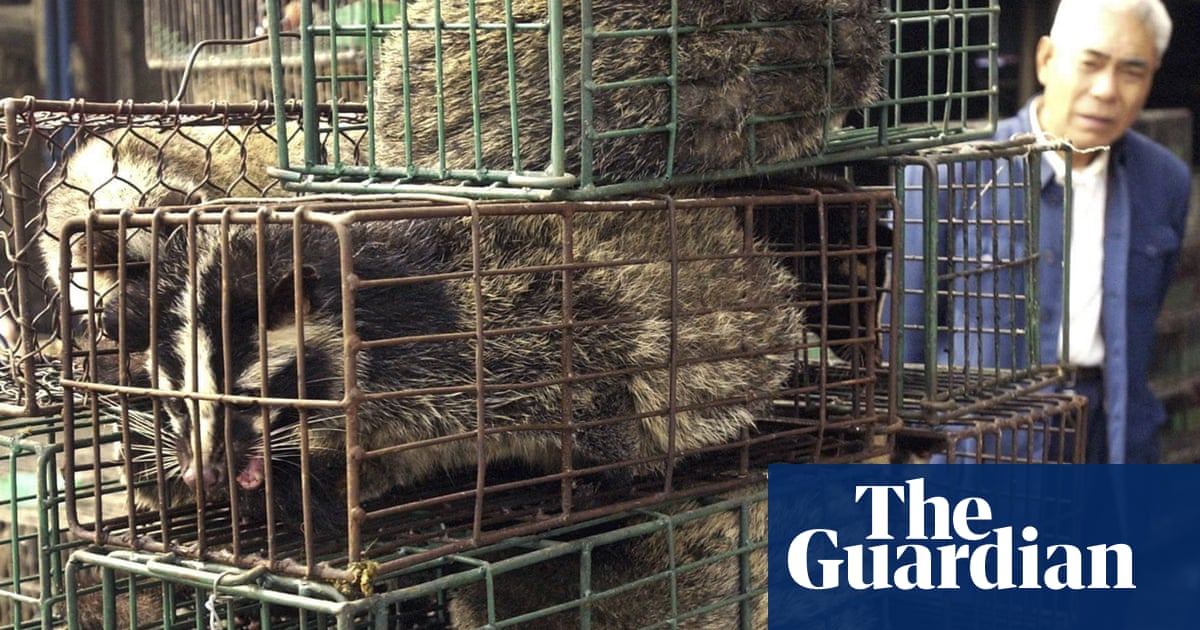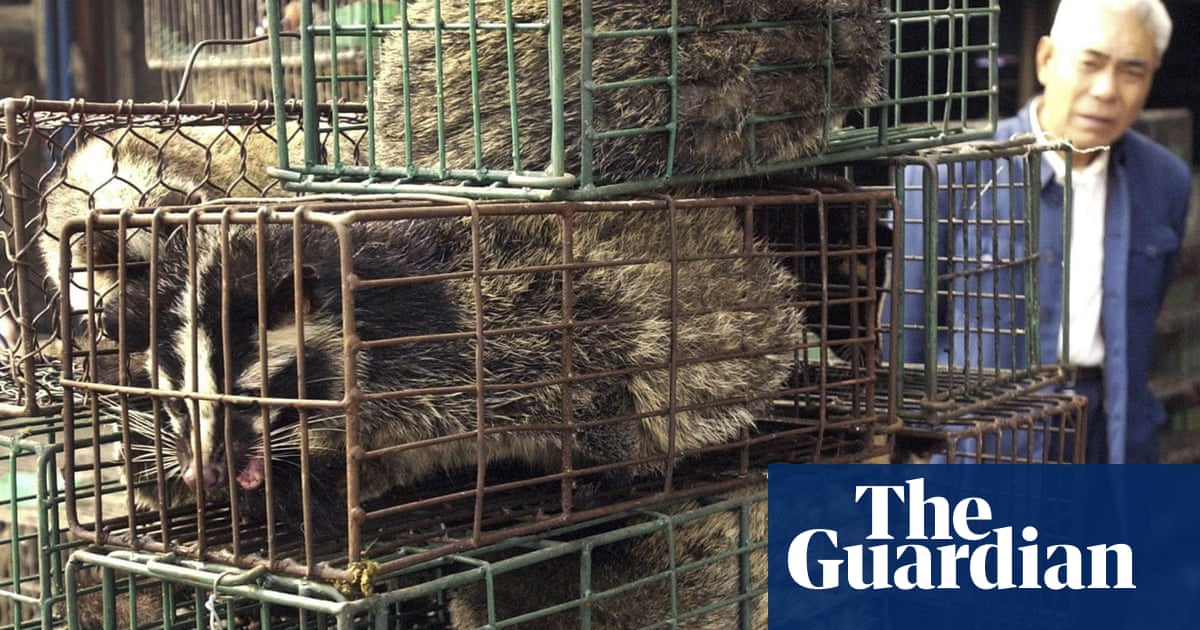Leading United States biologist Thomas Lovejoy states to stop future break outs we require more regard for natural world

The large unlawful wildlife trade and humankind’s extreme invasion into nature is to blame for the coronavirus pandemic, according to a leading United States researcher who states “this is not nature’s vengeance, we did it to ourselves”.
Scientists are finding 2 to 4 brand-new infections are produced every year as an outcome of human violation on the natural world, and any among those might become a pandemic, according to Thomas Lovejoy, who created the term “biological variety” in 1980 and is typically described as the godfather of biodiversity.
“This pandemic is the repercussion of our extreme and relentless invasion in nature and the large unlawful wildlife trade, and in specific, the wildlife markets, the damp markets, of south Asia and bush meat markets of Africa … It’s quite apparent, it was simply a matter of time prior to something like this was going to take place,” stated Lovejoy, a senior fellow at the United Nations Foundation and teacher of environment science at George Mason University.
His remarks were made to mark the release of a report by the Center for American Progress arguing that the United States ought to step up efforts to fight the wildlife trade to assist challenge pandemics.
Wet markets are conventional markets offering live animals (wild and farmed) along with fresh fruit, veggies and fish, typically in unclean conditions. They are discovered all over Africa and Asia, supplying nourishment for numerous countless individuals. The damp market in Wuhan thought to be the source of Covid-19 included a variety of wild animals, consisting of foxes, rats, squirrels, wolf puppies and salamanders.
Lovejoy stated separating wild animals from farmed animals in markets would substantially decrease the danger of illness transmission. This is since there would be less brand-new types for infections to lock on to.” [Domesticated animals] can get these infections, however if that’s all there remained in the marketplace, it would actually decrease the possibility of a leakage from a wild animal to a domesticated animal.”
He informed the Guardian: “The name of the video game is lowering specific quantities of activity so the possibility of that sort of leap ends up being little enough that it’s insignificant. The huge trouble is that if you simply shut them down– which in numerous methods would be the perfect thing– they will be topped up with black markets, which’s even more difficult to handle due to the fact that it’s private.”
The pandemic will cost the worldwide economy $1tn this year, according to the World Economic Forum, with susceptible neighborhoods affected the most, and almost half of all tasks in Africa might be lost. “This is not nature’s vengeance, we did it to ourselves. The option is to have a far more considerate method to nature, that includes handling environment modification and all the rest,” Lovejoy stated.
His remarks echo those of a research study released in the journal Proceedings of the Royal Society B previously this month that recommended the underlying reason for today pandemic was most likely to be increased human contact with wildlife.
Experts are divided about how to manage the huge sell animals, with lots of worried the poorest are most at threat from a crackdown. Immediate action on the wildlife trade is plainly required, stated Dr Amy Dickman, a preservation biologist from the University of Oxford, however she was “alarmed” by require indiscriminate restrictions on the wildlife trade.
She is among more than 250 signatories of an open letter to the World Health Organization and United Nations Environment Programme stating any shift should add to– and not diminish– the incomes of the world’s most susceptible individuals, much of whom depend upon wild resources for survival. Other signatories consist of agents from the African Wildlife Foundation, the Frankfurt Zoological Society and IUCN (International Union for Conservation of Nature).
The letter checks out: “Covid-19 is causing unmatched social and financial expenses on neighborhoods and nations, with the bad and susceptible hardest struck. The infection’s believed relate to a Chinese ‘damp market’ has actually caused calls to prohibit damp markets and end the trade or limit, medical usage and intake of wildlife. Indiscriminate restrictions and limitations danger being inadequate and inequitable.”
NGOs and researchers are worried that indiscriminate and over-simplistic limitations will intensify hardship and inequality, leading to a boost in criminality. This might speed up the exploitation and termination of types in the wild, authors of the letter caution.
“People typically appear more ready to blame markets far, as restrictions there will not impact their daily lives– although they will typically impact the rights of incredibly susceptible individuals,” stated Dickman.
There are likewise worries about the effects of a straight-out restriction on a variety of native populations, such as people in Orinoquia and Amazonia, with agents explaining it as an “attack” on their incomes.
Mama Mouamfon, who is based in Cameroon and directs an NGO called Fondation Camerounaise de la Terre Vivante (FCTV), stated prohibiting the trade would harm incomes: “Bush meat is really essential for individuals in the forest due to the fact that it’s one of the very best methods to get animal protein. With this concern of hardship and individuals residing in remote locations, it’s hard for them to search for great meat,” he stated.
“Sometimes individuals take choices due to the fact that they are being in a workplace and are extremely far from truth. , if they understood our truth they would not take that [ exact same] choice.”


Recent Comments